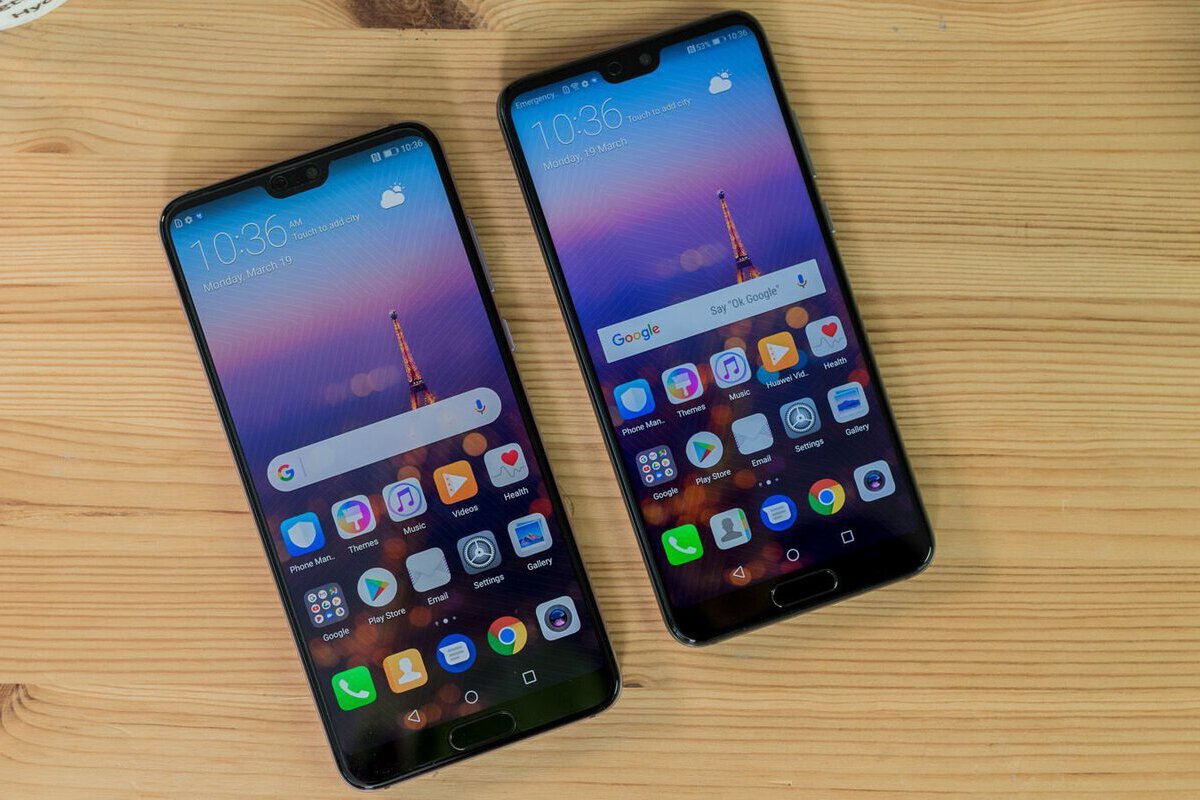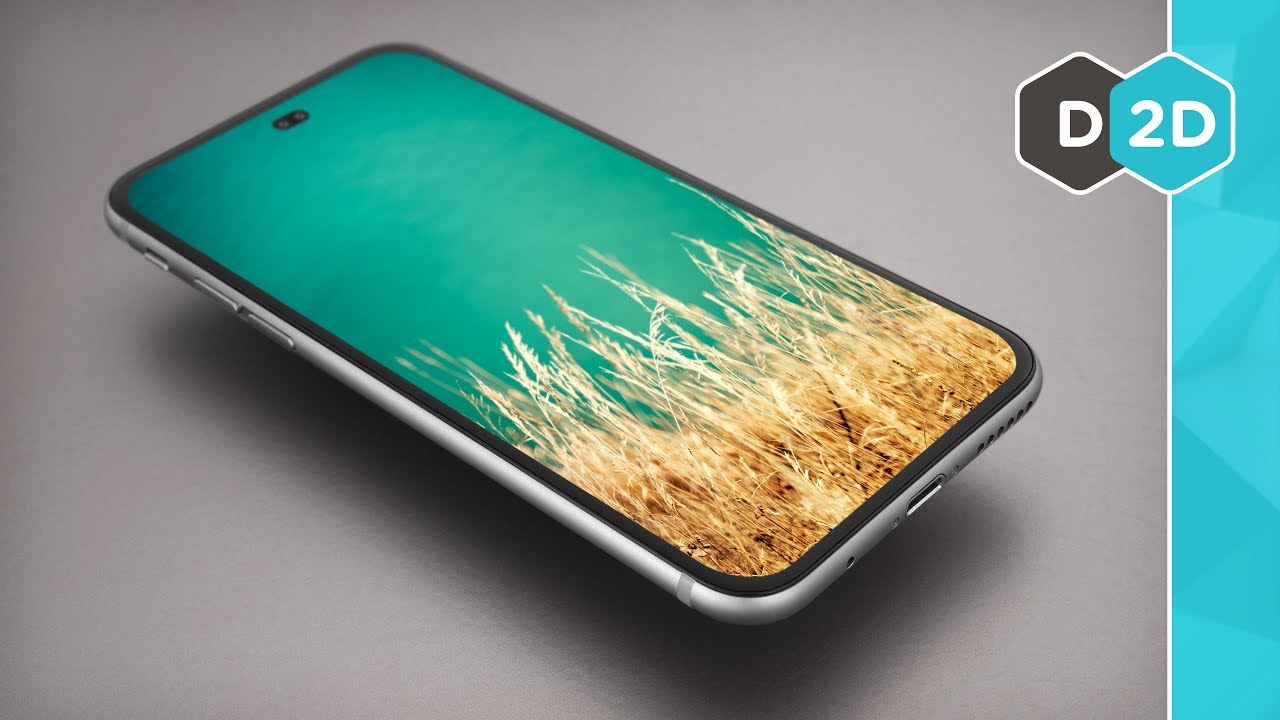Barely a month after the U.S. government placed a ban on companies doing business with Huawei due to an unspecified national security threat, President Donald Trump has seemingly softened his hard stance. In a press conference at the G20 Conference Saturday, he announced that “American companies will continue” to do business with the beleaguered telecom giant.
While it’s unclear whether that extends to the 5G network technology that Huawei is developing, it most certainly applies to Google and Android. Under the terms of the previous ban, Google was barred from selling an Android license to Huawei, meaning its phones could use the base open-source code, but would not have access to the all-important Play Store and Google apps.
While Trump didn’t specifically mention Google, Qualcomm, or Intel in the announcement, he made a point of calling out the “complex and highly scientific” products created by U.S. tech companies: “What we’ve done in Silicon Valley is incredible and nobody has been able to compete with it, and I’ve agreed to allow them to continue to sell that product (to Huawei).”
While the ban hadn’t technically taken effect due to a 90-day reprieve, it was already affecting the development of future products. Huawei had confirmed that it was working on its own OS and was reportedly reaching out to other China brands such as Oppo, Vivo, and Xiaomi as partners. Now that Google can continue to sell its Android license to Huawei, the company will need to decide whether to continue pursuing the project or stick with its EMUI OS.
One thing that isn’t changing, however, is Huawei’s ability to sell its phones in the United States. However, Trump didn’t close the door on that possibility either, saying the two countries “will have to save that to the very end” of their negotiations over tariffs.
https://www.pcworld.com/article/3405589/huawei-google-android-license-ban-lifted.html#tk.rss_all















